Choose a report:
➤
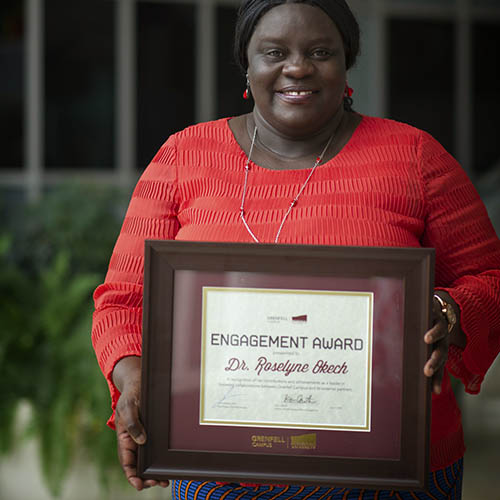
Office of Engagement
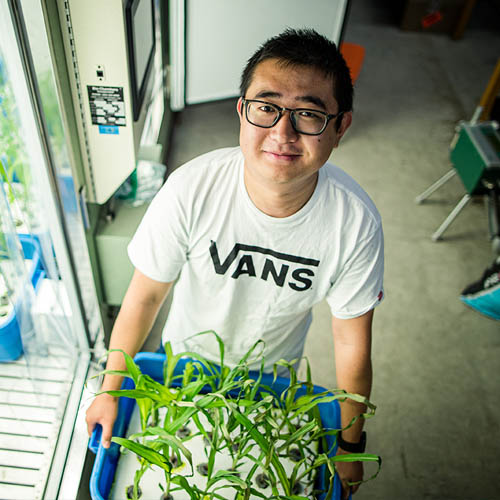
Community Engaged Research
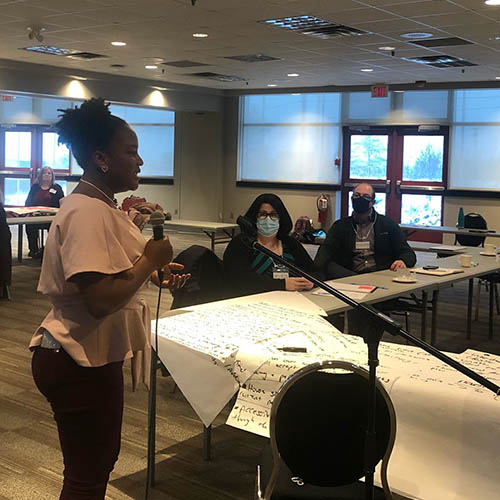
Community Engaged Learning
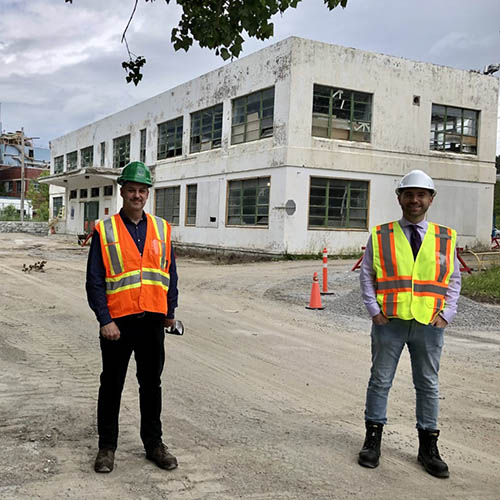
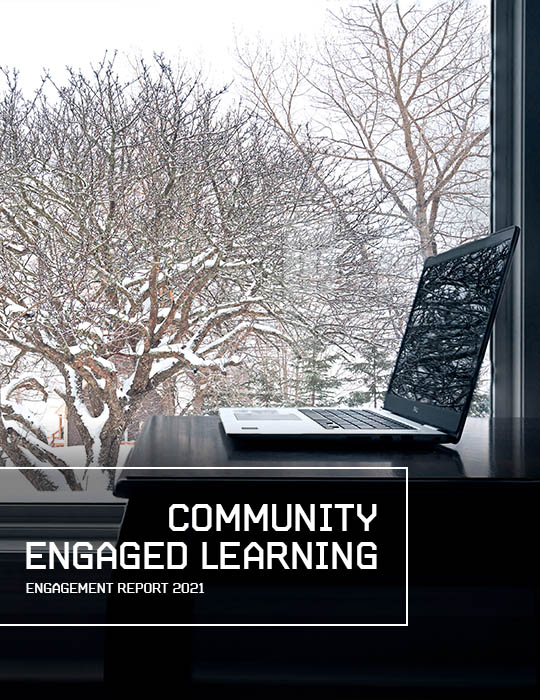
The pandemic created an opportunity for Western Regional School of Nursing students to connect with remote communities in a whole new manner.
According to the Memorial University Calendar, Nursing 3500 — Community Health Practice — "allows students to apply relevant theories and concepts of community health nursing. Throughout clinical experience, students implement a client-centred approach to empower individuals, families, groups or communities to improve health status."
When the pandemic struck, students were suddenly unable to make those face-to-face community connections in Corner Brook and surrounding area. Nurse educators Rebecca Newton, Ulrica Pye and Brenda Whyatt made some creative adaptations that ultimately allowed students to connect with a broader audience.
The course matches students with an agency, whether it be a women's group, Indigenous community, post-secondary institution or a personal care home, among others. They meet with a representative to discuss possible health topics for the larger group, and then research those topics through a literature review to determine what the common issues are for that population.
Through a subsequent needs assessment, the students survey the population or conduct focus groups, to determine what the group identifies as their needs. Those needs are then addressed through education sessions, or the development of pamphlets or posters, for instance.
In the case of one assessment, educational digital posters addressing stress, lack of sleep, and the importance of physical activity were designed so they could be displayed on screens throughout Grenfell Campus.
In another instance, students responded to an identified need that helped seniors' groups learn to connect via virtual platforms in order to reduce the impact of social isolation in the early days of the pandemic.
"The education could be delivered in the form of a session on healthy eating, or materials about smoking cessation — anything health related that will address the needs identified by the population," said Ms. Whyatt, adding that the goal is to provide the agency with an intervention or resource that can continue to be beneficial to them into the future. This may include materials that can be used by the agency, such as a social media campaign, website or literature resources. "The purpose of the course is to teach the students how to apply what they've learned so far about completing needs assessments."
Because of the pandemic, students were able to conduct their work remotely, reaching out to communities in and around Corner Brook and as far away as Labrador City, coastal Labrador and Catalina.
"We know there's a need to be more creative in the face of a pandemic to ensure students continue to receive the best possible educational experiences. This was our creative way of continuing to educate students on how to complete needs assessments all the while showing that we are not always confined to face-to-face interactions to do so" said Ms. Whyatt. "I'm very proud to say that we did it successfully — the positive feedback we received from the agencies was unbelievable. One unexpected success was what the agencies learned from it. It increased their confidence in using online forums and showed them we don't have to stop because of Covid. We can continue."